Rojo v. Tunick 2021 IL App (2d) 200191, 193 N.E.3d 149, 456 Ill.Dec. 181
Rojo v. Tunick is a legal malpractice case decided by the Illinois Appeals Court in 2021. This case pits former client against attorney. The conflict arose after Plaintiff Reno Rojo was convicted for a drug offense and sentenced to 16 years in Illinois State Prison.
Rene Rojo retained Defendant Attorney James Tunick to represent him in the underlying criminal case. Rojo paid Tunick a flat fee for ‘completion of the case’, or representation from beginning to end of his case.
How can Criminal Defense representation turn into a Legal Malpractice case?
Tunick’s representation of Rojo was going well. After a hearing, Tunick was able to successfully have two of the four felony counts Rojo was facing dismissed. However, the relationship between the two started to deteriorate. The trial court allowed Tunick to withdraw from the case at his request. When he withdrew, Tunick refused to return any portion of the flat fee to Rojo.
Rojo ended up hiring another lawyer, losing at jury trial, and being sentenced to prison. This present case began when Rojo sued Tunick for legal malpractice based on Tunick’s representation of Rojo in the underlying criminal case.
What Legal Malpractice Claims are Available to a Criminal Defendant?
The questions presented to the Illinois Appeals Court were: (1) whether the trial court should have appointed counsel to represent plaintiff in his legal-malpractice action, (2) whether a criminal defendant who brings a legal-malpractice action against his criminal defense attorney must always allege that he is “actually innocent” of the criminal charges on which his attorney represented him, and (3) when a cause of action for legal malpractice accrues.
Rojo began this suit as a pro se plaintiff, meaning he was representing himself without the assistance of an attorney. In certain cases, litigants are entitled to representation (criminal cases for example). But this protection does not apply to most civil cases and the Illinois Appeals Court held that this protection also does not apply to legal malpractice cases. The trial court was not required to appoint legal representation for Rojo in this matter.
The second question was a bit more difficult for the court to answer. It has long been held that for a criminal defendant to succeed on a legal malpractice claim seeking to have his conviction overturned, it is necessary for the defendant to prove his ‘actual innocence’ of the crime. ‘Actual innocence’ means that the defendant must have a winning argument that he is really, truly innocent of the crime, not just for a procedural or legal technicality, but because he actually did not do it. The judge presiding over this type of legal malpractice claim must be convinced of the defendant’s actual innocence.
However, in Rojo’s case his legal malpractice issue was two fold – his conviction and the fee dispute. Rojo’s argument was that even though he was not able to prove actual innocence, his conviction should be overturned because of the fee dispute issues.
The Illinois Appeals Court held that on the issue of overturning Rojo’s criminal conviction, they were not moving from the requirement of ‘actual innocence’. A litigant seeking to have their criminal conviction overturned on the basis of deficient representation and legal malpractice, that litigant must prove ‘actual innocence’ to get relief.
But on the fee dispute issue, the Illinois Court held that there was no similar ‘actual innocence’ requirement. The court suggested that “the logic of the ‘actual innocence’ rule does not extend to a case in which the complaint is not that the plaintiff lost his case because of his lawyer’s negligence, but that he was overcharged.”The absence of an actual-innocence allegation will not bar a legal-malpractice claim seeking reimbursement of fees because that claim, unlike the deficient-performance claim, did not blame defendant for plaintiff’s conviction.
When will a Legal Malpractice Claim Accrue?
The final issue in this case was one of timeliness. Defendant Attorney Tunick asserted that the two-year statute of limitations for legal malpractice claims expired because it had been more than two years since he withdrew from Rojo’s case.
The Appeals Court was not convinced by Tunick’s argument and found that prior Illinois precedent held that “[a] cause of action for legal malpractice does not accrue until the client discovers or should discover the facts establishing the elements of his cause of action.” Profit Management Development, Inc. v. Jacobson, Brandvik & Anderson, Ltd., 309 Ill. App. 3d 289, 308, 242 Ill.Dec. 547, 721 N.E.2d 826 (1999). “Actual damages are an essential element of a cause of action for attorney malpractice; with no damages, no cause of action has accrued.” Id. Thus, Rojo’s cause of action could not have accrued until he incurred actual damages by paying a new attorney to represent him in his criminal case.
In Rojo’s case, the exact date that Rojo hired his new attorney was not discoverable. This left Tunick open to litigation because he could not prove the statute of limitations had passed. If Tunick had asked the judge to note this date on the record, he may have protected himself from these claims entirely.
Practice tips to avoid finding yourself in Tunick’s position — handle all fee disputes on the record, record decisions of whether to give clients a refund in a discoverable format, and avoid flat fee representation at all costs.
Legal Disclaimer: The information on this blog is for general informational purposes only and does not constitute legal advice. It is based on current legal standards but does not create an attorney-client relationship. For advice specific to your situation, consult a qualified attorney.
The views expressed are those of the individual authors and do not reflect those of any affiliated organizations or a single Katz Law Firm lawyer or agent. The accuracy and applicability of the information may vary. The blog owner and authors assume no liability for actions taken based on this content. Always seek professional legal counsel before making any legal decisions.



















